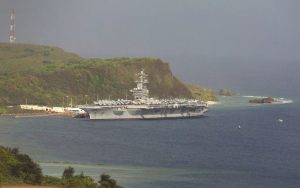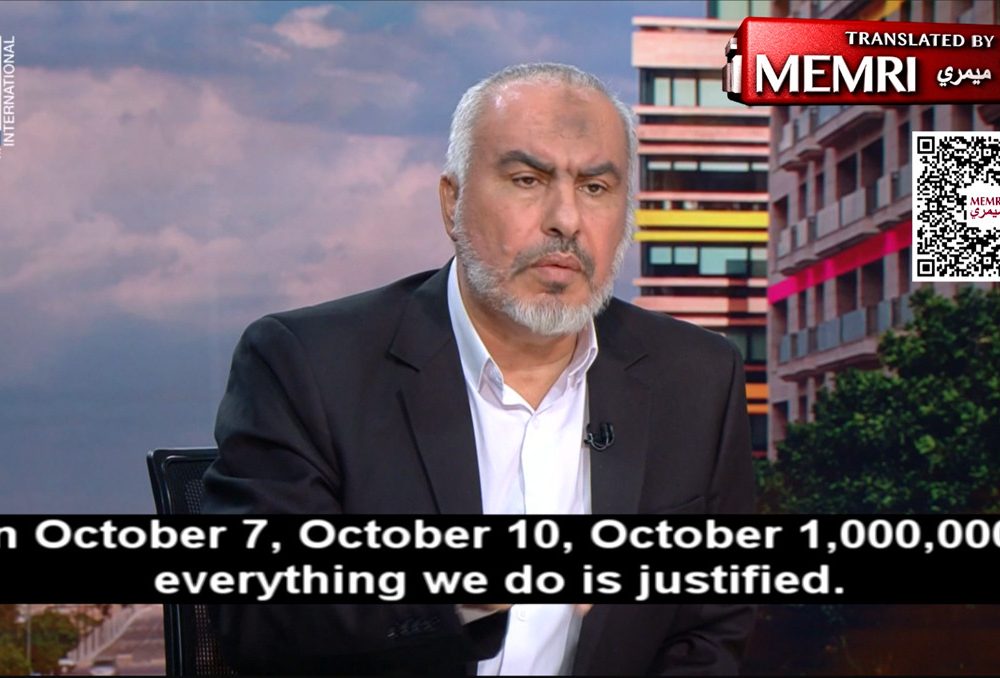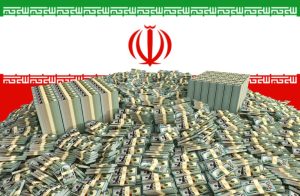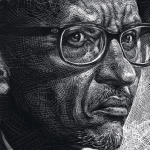Confidence in Leadership

Military journals report that the United States is preparing to make the Pacific island of Guam a veritable “fortress.”
One suspects no one has used that phrase since the days just before the Japanese attack on Pearl Harbor when the United States finally woke up to the fact that the Land of the Rising Sun had every intention of owning the Pacific. History would go on to record that our decision to fortify Guam would come too late as our isolated defenders would eventually be forced to surrender to overwhelming enemy forces. Few would survive their imprisonment.
Today, military analysts say that 21st century Guam could be overwhelmed by Chinese drones, missiles, and carrier-borne fighter-bombers to ensure that our extensive military outpost could not interfere with any potential invasion of Taiwan. It is the reason the Pentagon is racing to place resources and weaponry on that island in hopes it will deter what some believe is the inevitable Chinese attack on Taiwan.
All of this begs a larger question.
Is America’s Commander in Chief capable of responding strategically to the threats facing our nation? And even a broader question. Does he have the confidence of the American public that he is right person for the job at a time when we are witnessing an inconceivable land war in Eastern Europe and a Chinese military that is deliberating seeking to isolate our allies while engaging in provocative military activities designed to test our resolve.
The Marines have a saying, “Know your enemy.”
So, it would be instructive to review what one historic Chinese philosopher long counseled.
If I may paraphrase Confucius: “There are three elements essential in the matters of the State: Food, military equipment, and Confidence of the people in the ruler. Of these three, military equipment is the least important, Food being the second most important, and Confidence of the people being the MOST important… Lacking in Confidence from the people, a state cannot survive.”
So it is a cautionary tale for our nation’s very survival when the Chinese leadership see that even most Democrats would prefer someone other than the current occupant of the Oval Office.
Traditionally, when Americans go to the polls to vote for president, they often determine their choice based on domestic issues, with a heavy emphasis on their own personal quality of life during the prior four years. In the next presidential election cycle, however, there will be others watching closely how and for whom we vote. It will include the Chinese who make their own future geopolitical and military decisions based on what Confucius warned their countrymen long ago: when a state loses confidence in its leaders, the state cannot survive.

























